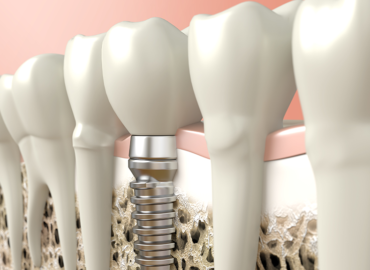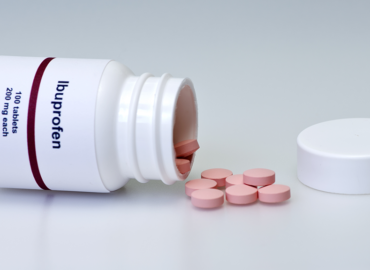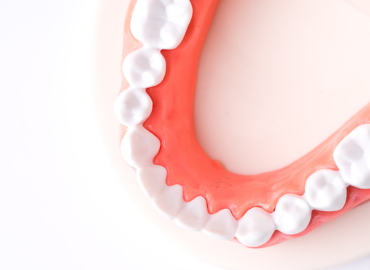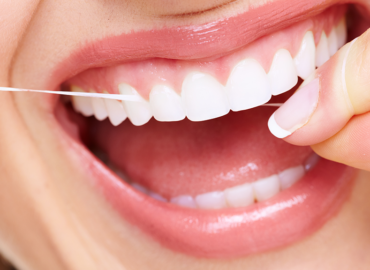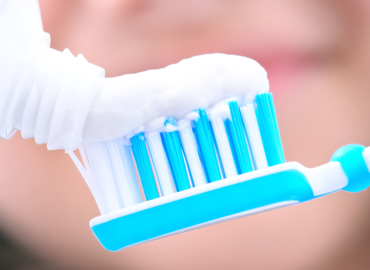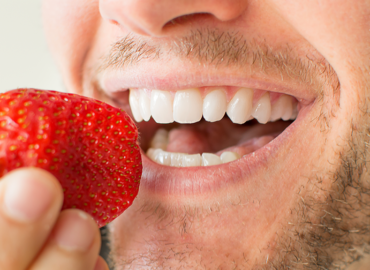Implants
Because implants stick to the bone, false teeth attached to implants look and act much like natural teeth. But implants are not as strong as natural teeth. You must brush and floss your implant(s) very carefully. Be gentle, but make sure you brush all sides of your implant(s). A toothbrush that has longer bristles at the tip may help clean behind your implant(s). Floss very carefully at least once a day. You will need to be gentle with the floss where the implant meets the gum (called the gumline). You may find a floss threader useful for cleaning this area. Make sure to visit your dentist regularly for recall and dental hygiene visits.

